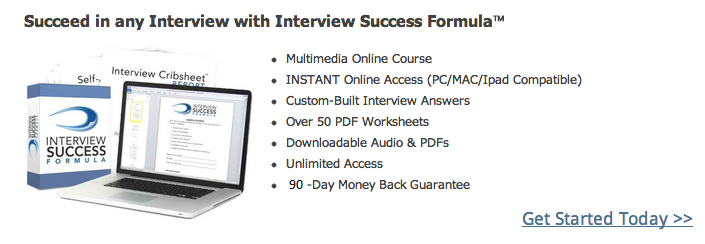The “Are You a Team Player” interview question comes up so often that it seems to be a cliché. The answer to this job interview question is obviously“ Yes” but for a complete answer, you’ll need to say a little more depending on the intended meaning of the interviewer.
Why is being a team player important in the first place?
A quick history lesson will help. Since Adam Smith published Wealth of Nations in 1776, specialization has been considered a fundamental piece of getting work done efficiently. This is the concept that people are more efficient when they focus on doing a limited number of tasks.
After each person completes his piece of the process, he passes the finished work on to the next member of his team. As a result of this of approach, work can be completed potentially hundreds of times faster. To get a sense of it, think about how long it would take one person to manufacture a car herself versus a team of people each focused on a different step in the assembly line.
So when someone asks, “Are you a team player?”, one meaning of this question you will have to address is whether you understand that you are part of a process in which you play a defined particular role which isn’t necessarily the role you enjoy the most. In addition, you respect others for the role they play.
In your response to this job interview question, you will probably want to speak to this concern by saying something like, “I understand that everyone on the team has a different role to play get the job done, and I work exceptionally hard to make sure I produce solid results that others can count on.”
There is also a second meaning to the “Are you a team player?” interview question, that your interviewer wants you to address. That is the idea that the needs of the team come before individual needs.
Here’s an embarrassing example of why that’s the case. Several years ago, the USA Olympic basketball team was defeated by Puerto Rico despite a US roster including many top NBA players and the Puerta Rican players consisting of young non-professionals. Why the difference in outcome?
Unlike the USA team that cam together a few weeks before the Olympics, the Puerto Rican team trained for far longer. Further, they focused on how the players could work together to score baskets rather than on which player could break past the most defenders or land the most slam-dunks.
Similarly, the interviewer who asks the team player interview question may want to know whether you will sacrifice your pride and put in extra effort to help the team succeed, even if you earn little or no credit for this hard work.
To address this concern, you would then need to addend the above response to this question to address this concern: “At the same time, I will lend a hand with whatever urgent problem arises. My job description includes completing whatever work is required to get the job done.”
For an even more powerful answer, I recommend including a brief story that demonstrates you going beyond your job description to deliver results. Just one or two sentences is sufficient when you use the right example.
Note that “Are you a team player?” is often followed up by the interview question, “What role do you play on a team?” If you are worried about the first question, you may want to prepare a response to the second as well.


